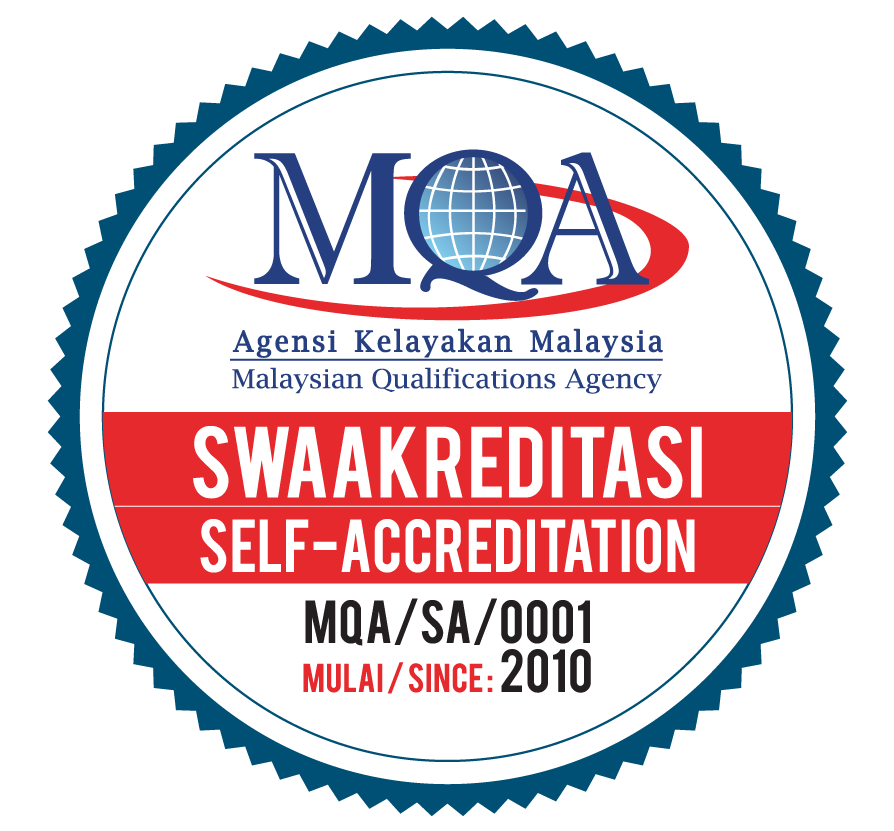Simulation & Computer Vision
Introduction
Simulation involves the creation of computer models that replicate real-world systems. It is widely used to validate hypotheses and foresee outcomes in intricate domains, spanning engineering, physical sciences, biology, and socio-economic realms. The key advantage of simulations is their ability to avoid direct interaction with actual systems, which can be time-consuming, costly, and pose potential risks.
Computer vision endeavours to empower computers with the capacity to interpret and comprehend visual information akin to human vision. Computer vision tasks often involve pattern recognition and machine learning techniques. It is used in a wide range of applications, including facial recognition, medical imaging, robotics, surveillance, and more.
Simulation and computer vision can be harmoniously intertwined through various avenues:
- Synthetic Visual Scenarios: Simulations can provide synthetic visual environments that emulate real-world settings. This allows testing of computer vision algorithms and systems under controlled conditions before the deployment in actual scenarios.
- Training Data Generation: Simulations provide an avenue to generate synthetic training data, offering a cost-effective alternative to amassing and labelling real-world images.
- Performance Evaluation: During the development of computer vision systems, simulations provide controlled testbeds to assess the system’s performance across diverse conditions and lighting scenarios.
- Sensor Simulation: Simulating the input streams received by computer vision systems, such as data from cameras or LiDAR sensors, permits comprehensive assessments of system responses to diverse inputs, without reliance on real-world data.
The SCV lab researchers include:
- Prof. Ir. Dr. Riza Sulaiman
- Dr. Ang Mei Choo
- Dr. Marizuana Mat Daud
Head of Lab
Dr. Ang Mei Choo
03 – 8927 2420
SCV
2nd Floor
Institute of Visual Informatics
Akademia Siber Teknopolis
UKM


